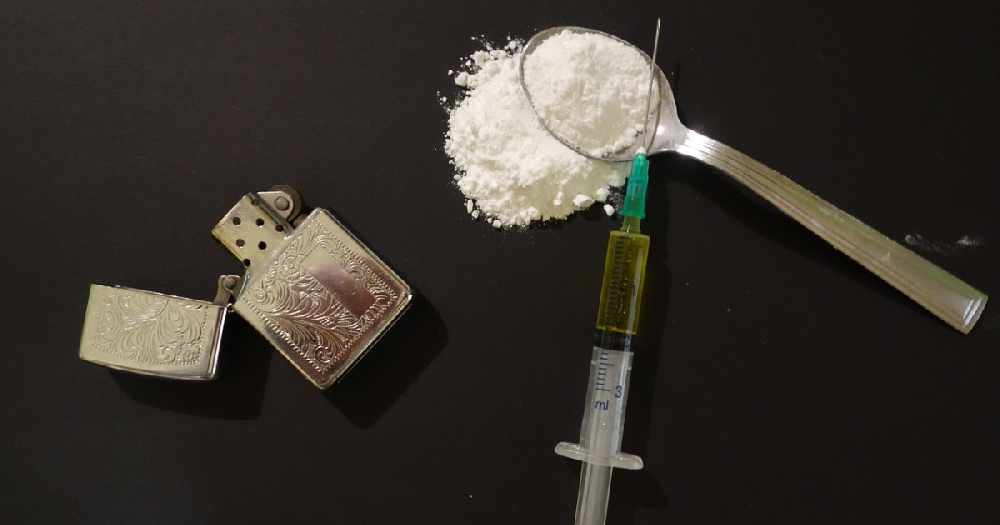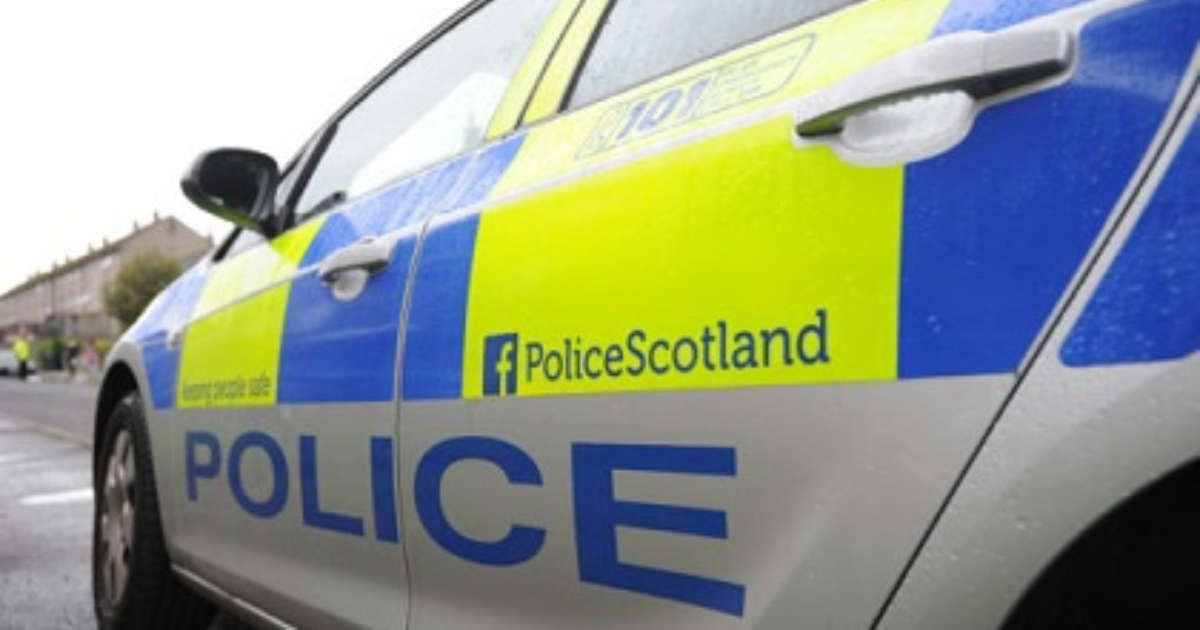
Scotland has recorded its highest number of drug-related deaths on record.
A total of 1,264 people died in 2019 - a rise of 6% from 2018 - the highest since records began in 1996.
In Grampian the number dropped by 10 to 82, but the figure in Aberdeenshire is the highest recorded there - at 26. A total of 44 deaths were recorded in Aberdeen, down from 52 in 2018 and the lowest number for five years.
The national data shows that nearly seven in 10 deaths involved men and over two-thirds were aged 35-54.
Heroin and morphine were implicated in more deaths than any previous year, and more than half the total.
Scotland’s drug-death rate was higher than those reported for all the EU countries, and was approximately three-and-a-half times that of the UK as a whole.
David Liddell, CEO of the Scottish Drugs Forum, said: "The statistics announced today are a grievous reminder of the human cost of the ongoing public health crisis we face in Scotland.
"For each of these deaths, there is a family and a group of bereaved people coping with their loss, often after years of caring and supporting someone suffering from problem drug use.
"The cost to families and friends cannot be measured and the consequences can be serious, with the potential to have a long-term impact on their health and future lives.
"Ending this emergency must be the immediate priority for all of us and will require a concerted effort from all relevant agencies as well as political leadership and public support.
"None of us should regard these preventable deaths as acceptable or as anything other than a national tragedy and disgrace.
"The need for change is obvious and that change is long overdue.
"Thankfully, we are fortunate that the evidence shows us exactly what changes need to be made. We need people to be in high quality treatment that protects them from overdose and death.
"Recently published treatment standards for Scotland can be a real driver of this necessary change and we are seeing encouraging improvements in services - but we must quicken the pace of change.
"The new standards insist that people gain quick access to treatment; have a choice of medication that best suits them; get the support they need to stay in treatment and access to any other supports they may benefit from. Broadly, the challenge in terms of treatment is to ensure that people with a drug problem are treated with dignity and respect.
"In addition, we need to increase the range of services across Scotland to include drug consumption rooms, heroin-assisted treatment and assertive outreach.
"We need to end the alienation, marginalisation and stigmatisation of people with a drug problem - the root cause of this issue, which reflects badly on a culture and mindset that we have allowed to develop unchallenged over many years.
"The time to challenge and end all of that has come. As part of this approach, we should decriminalise the possession of all drugs and extend the current recorded police warning for cannabis possession to apply to all other drugs.
"There is a need for leadership and a national effort to ensure this potential is realised."
Opposition parties have now called for more action from the Scottish Government.
Donald Cameron MSP, health spokesman for the Scottish Conservatives, said: "It is appalling that drug deaths have doubled in a decade, and there's no doubt that this government's cuts to drug rehab and addiction programmes have a large part to play in this awful trend.
"The Scottish Conservatives have backed calls from rehab organisations - including Favor Scotland, Jericho House and Phoenix Futures - for a £20 million Scottish Recovery Fund.
"We need to start helping people to get off drugs and get well, we can’t simply try to manage addictions and leave it there. Increased funding for rehab is the evidence-based solution to start doing that and saving lives in the process."
Scottish Labour's Monica Lennon MSP said: "Scotland’s drug death rate is one of the worst in the world. We can’t sweep this public health and human rights emergency under the carpet a moment longer.
"Safe consumption facilities and increased rapid access to residential rehabilitation are vital and could happen today.
"The Scottish Government doesn’t need to wait. People who misuse drugs and their families need urgent action and telling people whose lives are in turmoil to be patient is insulting and unambitious.
"All political parties should be willing to work together to end the stigma, save lives and to help Scotland’s recovery community thrive."
Joe FitzPatrick, the Scottish Government's public health minister, insists a range of steps are being taken to alleviate the problem.
He said: "Each and every one of these deaths is a tragedy and I would like to offer my condolences to the family, friends and loved ones of those who have lost their lives.
"The Scottish Government is doing everything in its powers to tackle rising drug deaths, and we are working urgently to put in place high-quality, person-centred services for those most at risk.
"The Drug Deaths Taskforce’s forward plan outlines the longer-term interventions we’re putting in place to tackle this problem. Significant progress has also been made in meeting the commitments set out in our alcohol and drug strategy - for example the new Residential Rehabilitation Working Group is continuing its work to ensure access to residential rehabilitation services for everyone who needs them.
"These deaths stem from a longstanding and complex set of challenges, and there is no shortcut that will suddenly solve this. There is, however, action that we are taking right now that will have an impact more immediately, such as maximising the availability of Naloxone and the routes by which it can be supplied.
"Our work to introduce medication assisted treatment standards is one of the most significant changes to the way in which treatment services operate. Furthermore, we have seen the introduction of a range of new and innovative approaches, including Scotland’s first heroin assisted treatment service in Glasgow.
"We will continue to work with the taskforce and other partners to identify and put in place measures to tackle this issue and save lives. We also continue to urge the UK Government to take action to change the law so that overdose prevention facilities can be established as quickly as possible, either by taking the necessary steps themselves or by devolving powers to Scotland."
Professor Catriona Matheson, chair of the Drug Deaths Taskforce, said: "The taskforce members give their sympathy and thoughts to everyone affected by the loss and personal tragedy that the figures represent.
"The 2019 rise reflects why the taskforce has been formed and adds urgency to our mission to identify an evidence-based strategy to tackle this problem and save lives as we do so.
"We are supporting over 100 partnership initiatives across Scotland and all our work comes from a place of kindness and compassion."


 Uber applied to launch in Aberdeen
Uber applied to launch in Aberdeen
 New scanners streamline security at Aberdeen Airport
New scanners streamline security at Aberdeen Airport
 Missing man with dad hand tattoo found
Missing man with dad hand tattoo found
 Jimmy Thelin appointed new manager of Aberdeen Football Club
Jimmy Thelin appointed new manager of Aberdeen Football Club
 12°C
12°C
 12°C
12°C